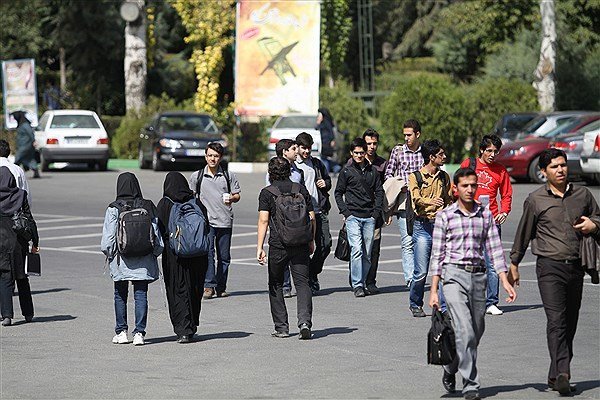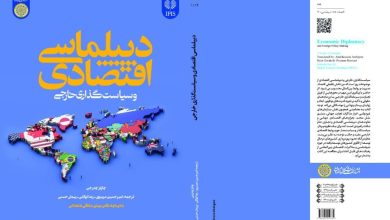

An activist in the field of labor, who emphasized the removal of fields that do not have a job market and are unnecessary from the university’s books, he said: Even if students graduate in the best university fields, they will not learn skills until they receive practical and experiential training in addition to that. for theoretical training. It is, they will have problems entering the labor market.
In an interview with reporters, Fathallah Bayat said, referring to the deletion of fields without a labor market from the university’s books: the action taken by the Ministry of Labor, the Ministry of Science and related organizations regarding the admission of students in related fields. The market is valuable and we should include areas in university notebooks so that students can chart their future career path by studying them.
And he continued, “Universities must accept students in fields needed by the labor market, otherwise they will not provide theoretical and theoretical training to help students find their way to the labor market after graduation.”
This labor activist stated that we must focus on the areas that are needed by the labor market, and added: If we are looking for training a skilled and effective workforce, enhancing the skills of students must be on the agenda and skills training must be provided to Activating practical training workshops in universities, and those in charge of this task, whether the technical and vocational institution or the Ministry of Science, should do so.
Bayat explained: Universities must act in a way that removes from the books areas that are currently lacking in the labor market, which are unnecessary or inapplicable, or are not accepted less in these areas so that the labor market is not harmed.
In the end, he said: Even if students graduate from the best university, they will face problems entering the labor market until they learn skills, so it is recommended to provide practical and experimental training in addition to theoretical training. They can play a role as beneficial forces in society.
the end of the letter









